
From the Chapter
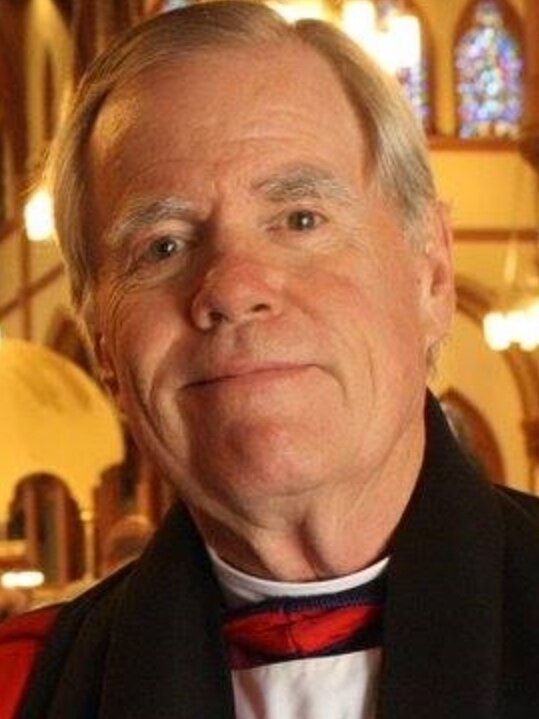
The Rt. Rev. Charles Edward Jenkins, III, 1951-2021
The Rt. Rev. Charles Edward Jenkins III, (1951-2021), tenth bishop of the Diocese of Louisiana, died on April 9, surrounded by his family. A native of Louisiana, Jenkins graduated from Nashotah House in 1976, and he was ordained to the priesthood by the Rt. Rev. James Brown in 1977. Jenkins said he wanted to institutionalize in his church the "reckless generosity" that prevailed in the first months after Hurricane Katrina in 2005. "How do we make sure that this is not an aberration, but becomes part of our identity as Christians, so that we cannot not do this and still claim to be who we are," he said at the time.

Get to Know Robin Little
Nashotah House is pleased to welcome Robin Little to the Nashotah House Advancement team as our new Director of Development. After several years as Assistant Director of Development at The Church of the Incarnation in Dallas, Texas, Robin is eager to pair her fundraising experience with an enthusiasm to serve the alumni and friends of Nashotah House in this role.
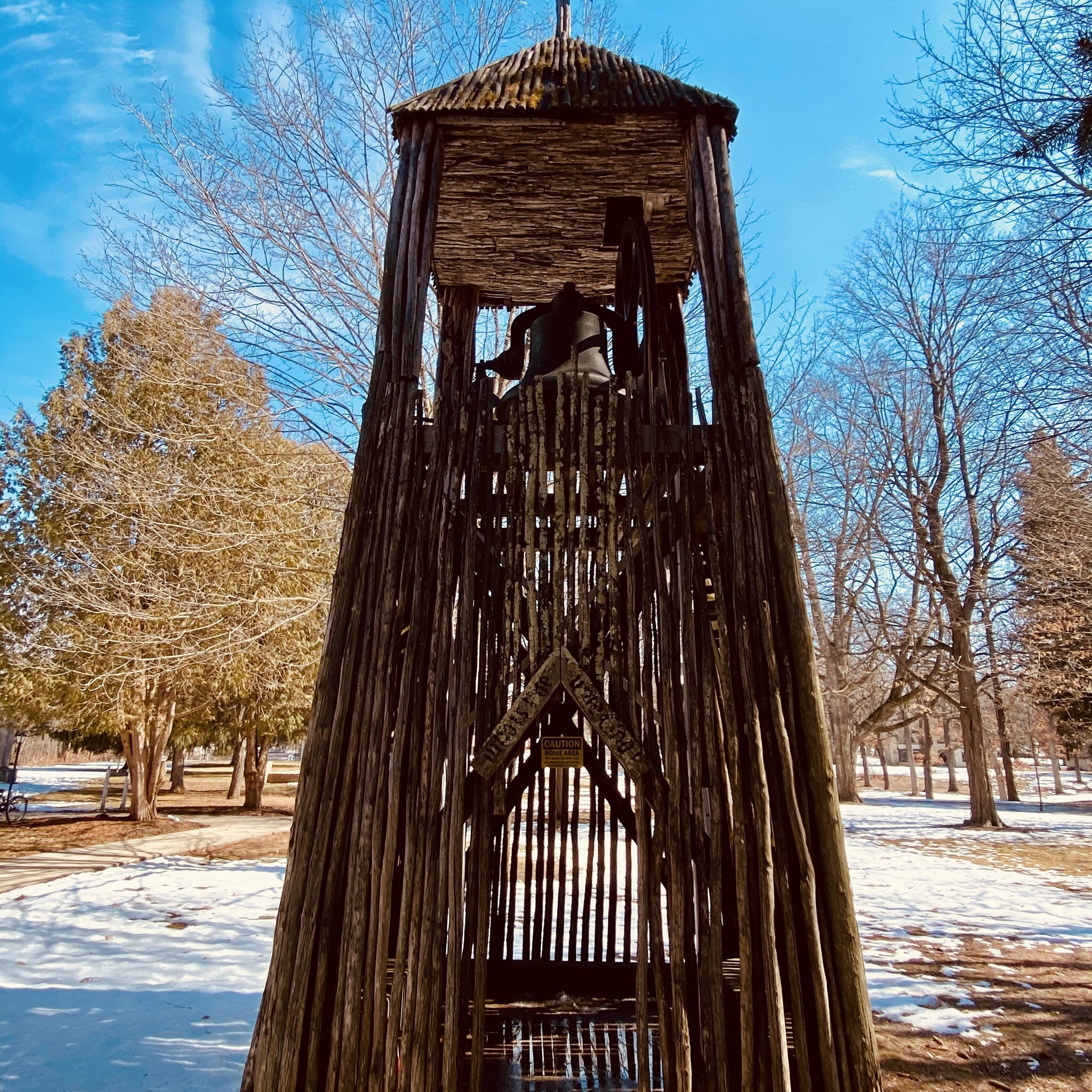
Founder’s Day: To Be a Part of Nashotah House
By The Rt. Rev. Anthony Clavier
Ever since I first came to Nashotah House over forty years ago, I have been envious of you who are able to claim this place as home: to belong here, and to have been nurtured in this thin place, saturated as it is by the prayers and aspirations of those who have prayed here, adored here and consecrated their lives here. To be part of Nashotah House is a great privilege and a great responsibility. I don’t belittle those who have taught here, but learning about the Faith is slightly less vital than learning to pray as the Church. This place is about formation.

Angelus ad Virginem: An Annunciation Carol
By Geoffrey Williams, D.M.A., Assistant Professor of Church Music and Director of Chapel Music at Nashotah House
The piece has had a long life since the Middle Ages, with arrangements in polyphony from the early Renaissance and an "Englished" version, Gabriel from heven's king. The Nashotah House Choral Scholars have spent much of our pandemic music-making time outdoors and have explored the vast repertoire of monody, or single melody music without harmony or polyphony.
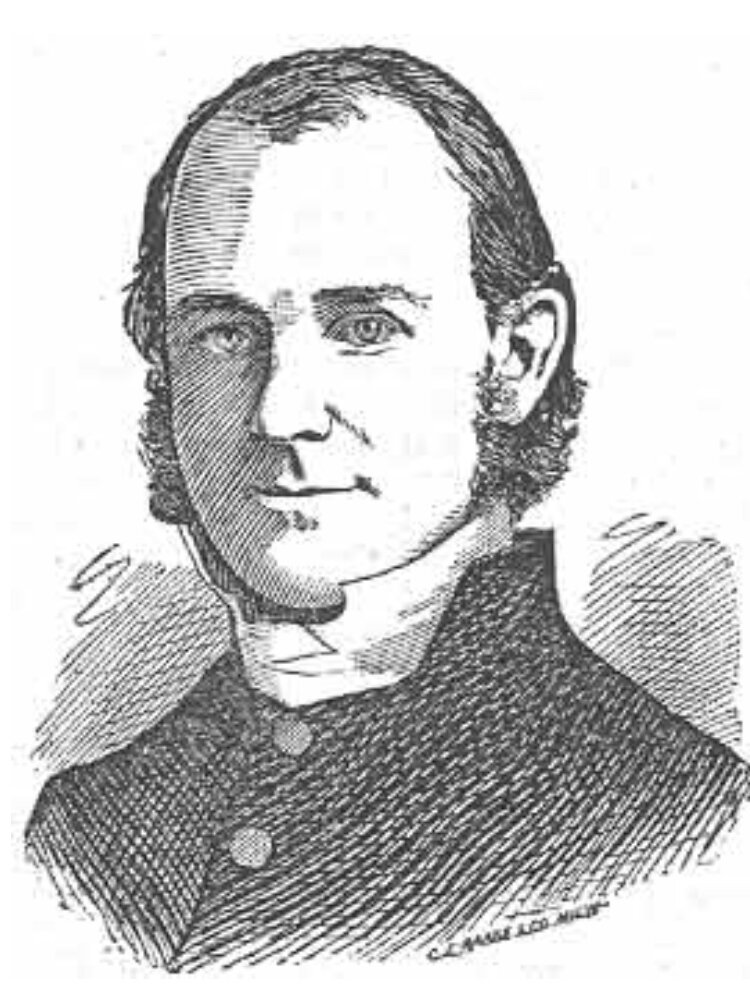
James Lloyd Breck: Founder of Nashotah House
By The Rev. Jamie Parsley ‘08
James Lloyd Breck (1818-1876), along with William Adams and John Henry Hobart, two of his classmates at General Seminary in New York, were inspired, shortly after their ordination to the transitional diaconate, to heed Bishop Kemper’s call to come west—in this case, Wisconsin. There, in 1842, they founded a school in what was then called “the wilderness.” In founding Nashotah House, the intent was more than another missionary endeavor in the wilderness. It was meant to establish a truly monastic community there, based solidly on Anglo-Catholic, Tractarian ideals.

Be Not Anxious About Your Anxiety
By Jane Burkett, ‘13
Anxiety weighs down the human heart, but a good word cheers it up – Proverbs 12:25
Over the last few years, I have periodically seen admonitions from Christians (including many pastors) not to worry or be anxious. Now, the Bible certainly enjoins us not to be anxious, on multiple occasions and in multiple places. But what strikes me by the typical Christian’s admonition is that it is not like the typical biblical passage on this same topic. Very frequently, my contemporaries come across as scolding: you shouldn’t be anxious because it shows a lack of faith, a lack of trust in God. It’s a sin, because God commands us not to be anxious, just like he says “thou shalt not kill” or “thou shalt not steal.” If you want to be a good Christian, stop being anxious right now, by golly!
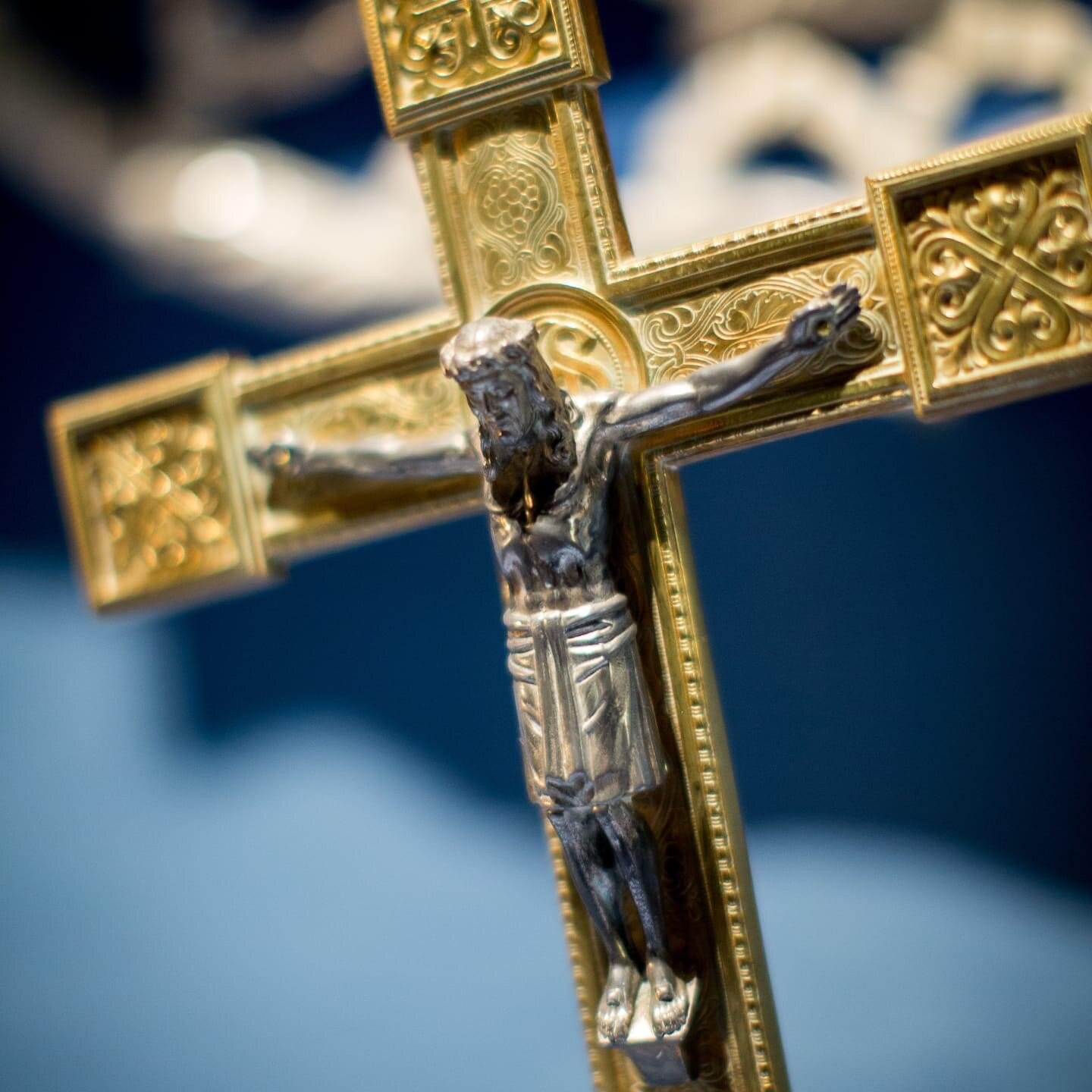
A Homily for Maundy Thursday
By The Rev. Adam Bucko, ‘19
Growing up in Poland, I was shaped by many stories about World War II that I heard over and over again as a kid. These stories were very alive for my grandparents who lived through the war, and also for my parents, who were born just a few years after the war had ended, and who grew up among the ruins of the war.
The stories they told me created this sort of an imaginary landscape of meaning in which I lived as a child. There was a story of my grandfather’s capture by Nazi soldiers who sent him to a work camp in Germany. There was also the story from my grandmother, who amidst all the atrocities of war, also talked about the occasional acts of kindness shown to her by the occupying army. And then there were these two big archetypal stories. Stories of special significance. Cruciform stories, if you will.
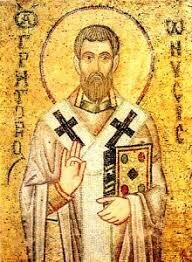
St. Gregory of Nyssa
By The Rev. Dr. John Behr
St. Gregory of Nyssa is, I would argue, the most profound theological thinker of the fourth century; he was referred to by the Seventh Ecumenical Council (787 A.D.) as “the Father of the Fathers.” He was the younger brother of St. Basil the Great, and together with their friend, St. Gregory of Nazianzus, “the Theologian,” they are often referred to as “The Cappadocians” (although that is really a nineteenth-century designation of German scholarship). Gregory was much more productive than the other two: he wrote various works of systematic theology (especially important are his works against Eunomius and against Apollinarius, treating as they do important matters of Trinitarian theology and Christology), on books of Scripture (such as his magnificent homilies on the Song of Songs, another on the Inscriptions given to the Psalms, and in a slightly different mode, the Life of Moses), a Life of St. Macrina, his sister, and a Dialogue on the Soul (written in the form of a deathbed dialogue with his sister, consciously harkening back to Plato’s Phaedo), Letters, some of which are thereafter of central importance for the canonical regulation of the Church (and others berating the practice of making pilgrimages!), and so much more.

Hope and Expectation
By The Rev. Dr. Trevor Hart, Rector, Saint Andrew's Episcopal Church, St Andrews, Scotland
For Christians, Easter is the day on which everything changes: the day on which the world and its history tips decisively from an otherwise fatal plunge into death, destruction, and non-being and begins, slowly but surely, to be opened up to share in “life in all its fullness” – that life for which it was created and which is, in the purposes and promise of God, its final destination.
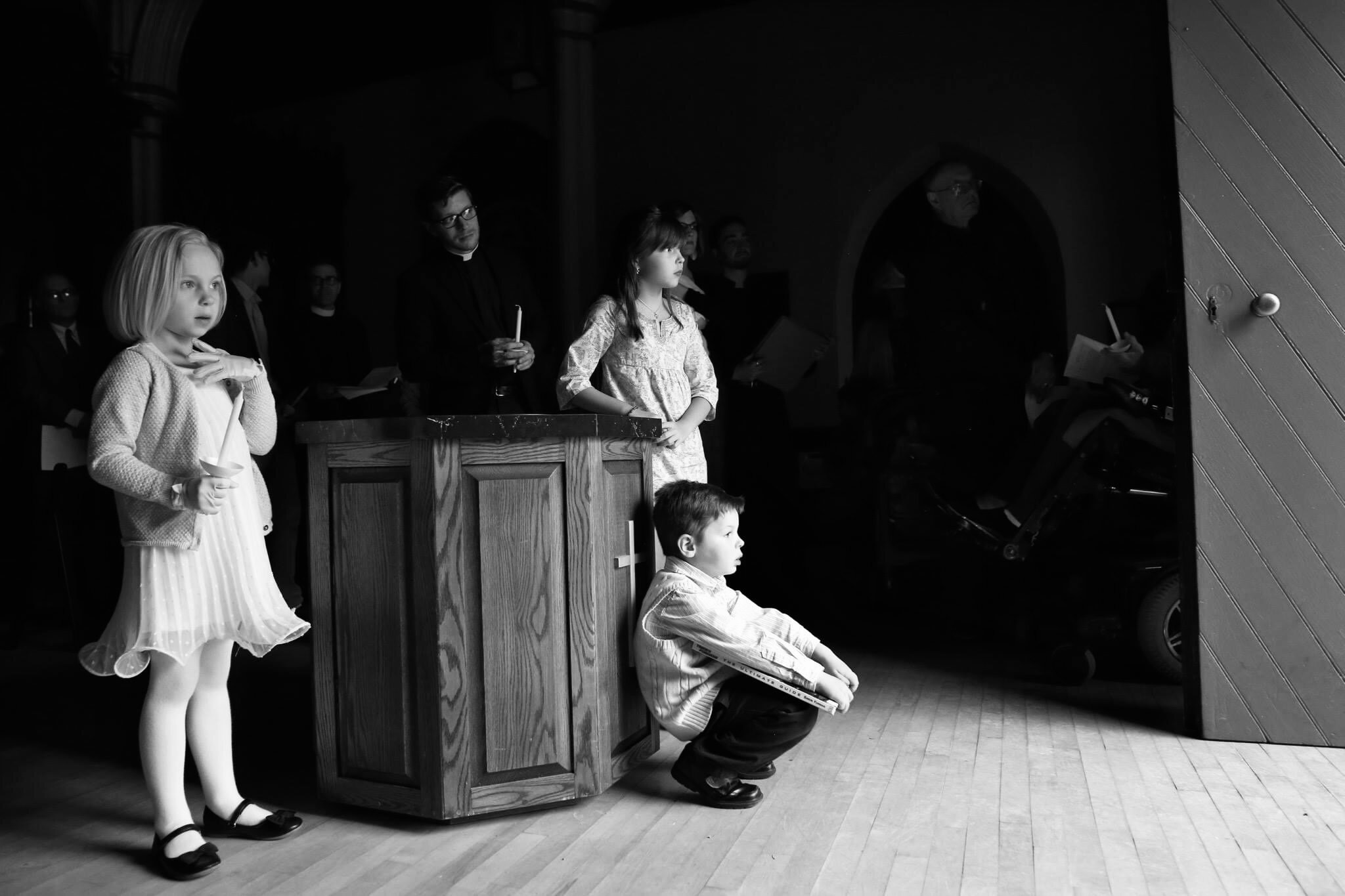
A Reflection on Holy Saturday
By The Rev. Hayden A. Butler, Associate Rector - St. Matthew's Church, Newport Beach, California
The subtleties of Holy Saturday compel us to observe the Scripture’s sense of time, marking the progress of seasons and years by way of the seven-fold cycle of days. All our doings take place in this time: darkness and light between the eve of the first day and eve of the Sabbath, culminating in a reflective rest to mirror God’s own rest from and celebration of His good Creation.The Sabbath gathers the work of the week in a unifying commemoration, from which emerges the renewed time of the week to come.
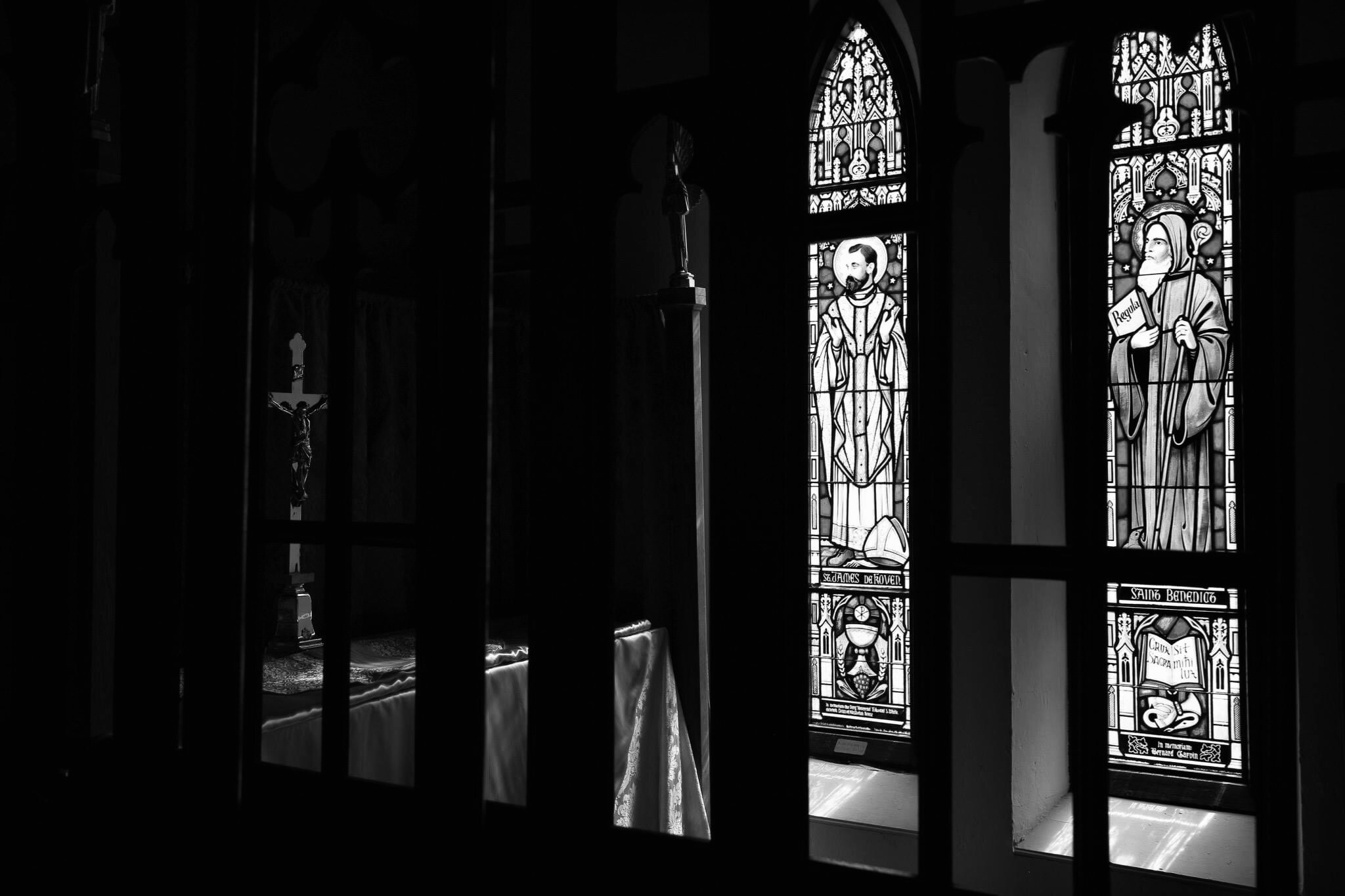
A Reflection on Good Friday
By The Rt. Rev. Dr. George Sumner, Bishop of the Episcopal Diocese of Dallas
“God is dead.” So shouted the cover of Time magazine half a century ago, as it heralded the advent of a new movement of radically secular theologians. They were not as new as supposed, quoting as they did that great enemy of the faith, Friedrich Nietzsche, yet another half a century earlier. They meant to shock, although by now this has worn off for us who are more immune to shock. The social critic Allan Bloom said in his The Closing of the American Mind that only Americans could turn nihilism into something upbeat. We are about the Nietzschean business of making our own religions and deities more than we know.
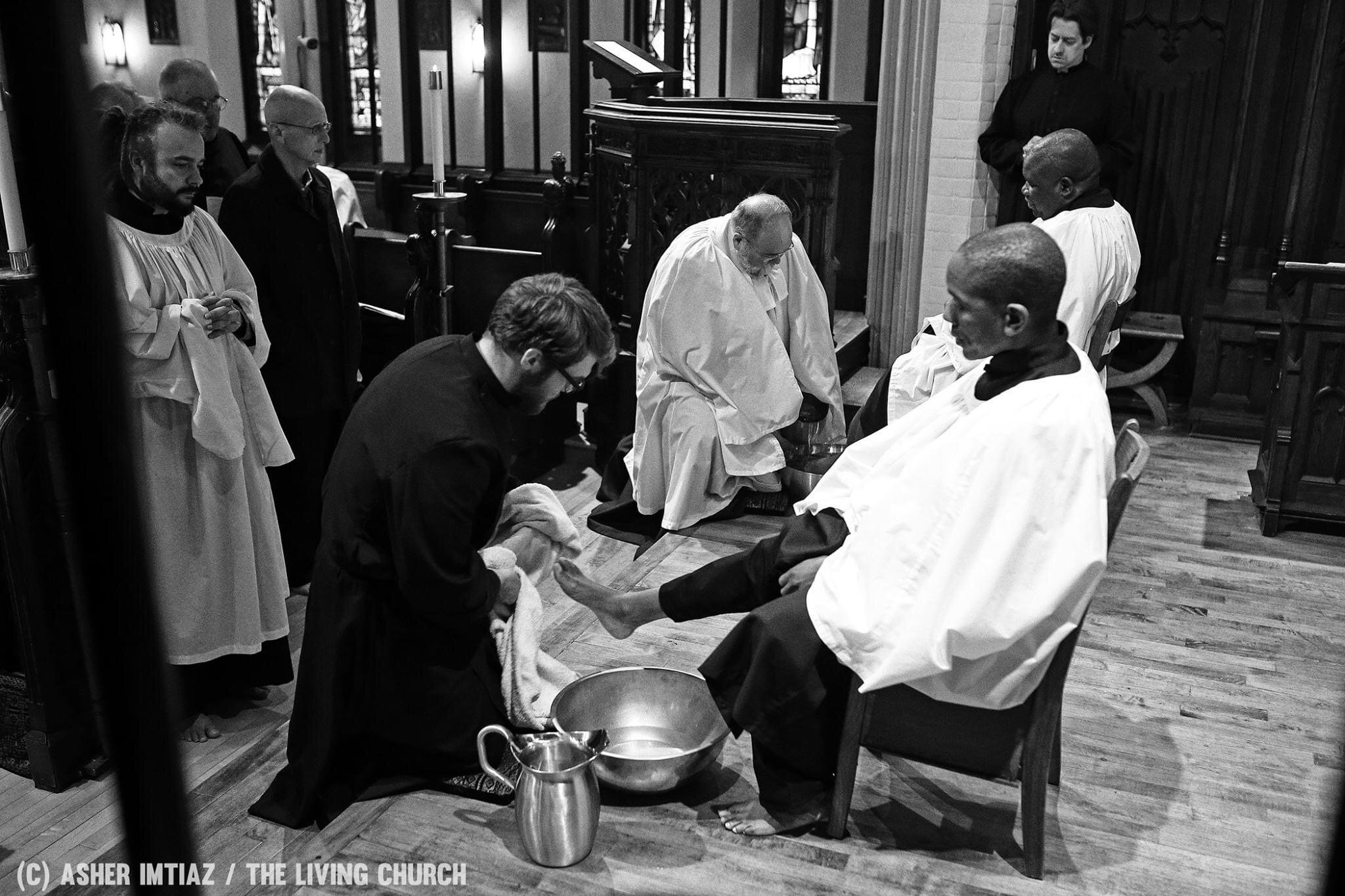
A Reflection on Maundy Thursday
By Jennifer Snell, Episcopal Diocese of Fort Worth (ACNA)
It’s time. We’ve awaited this entire Lent not to finish with a countdown but to start counting up. Lent’s 40 days culminate in the Great Three Days, the Triduum, which follow Jesus’ Passover from death to life on the third day. In Hebrew reckoning, the three days to Easter Sunday begin on the Eve of Good Friday. That’s tonight. Maundy Thursday evening begins the first day of the Triduum, the finale of Lent, the high point of Holy Week, and the hinge of the Christian Year. It’s a lot to take in.

The Formed Life Bears Fruit of the Holy Spirit
By The Rev. Dr. Thomas L. Holtzen, Ph.D., Professor of Historical and Systematic Theology at Nashotah House
A few years back, I was invited to give a theological paper in Indiana. Trapped for three hours in stop-and-go traffic heading into Chicago, by the time I finally arrived and checked into my hotel room, it was quite late. Already exhausted, I looked at the clock—10:00 p.m. I thought that was odd because I hadn’t switched time zones so I looked at my wristwatch, which told me it was 9:00 pm. Finally, it registered that Indiana didn’t recognize Day Light Savings Time (this was pre-2006, when Indiana did adopt DST). At that moment, I realized I was stuck in an in-between time. While the good people of Indiana would point out that they had not changed their clocks, I had somehow lost an hour in the middle of summer—what an odd feeling. The Christian life can be a bit like that.
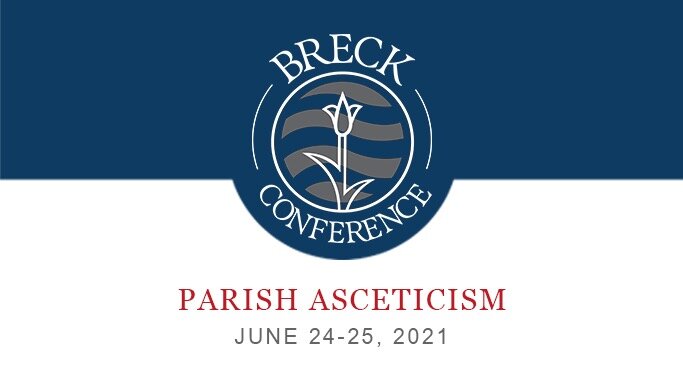
Parish Asceticism: The Breck Conference 2021
By The Rev. Dr. Greg Peters, Servants of Christ Research Professor of Monastic Studies and Ascetical Theology
Just over a decade ago a book appeared with a title that is both clever and downright sinister: If You Meet George Herbert on the Road, Kill Him. The book’s author, Justin Lewis-Anthony, makes a good point despite the murderous nature of the title. Simply put, the Anglican priest-poet George Herbert (d. 1633), in his A Priest to the Temple, or, the Country Parson his Character and Rule of Holy Life, lays out an incredibly exalted vision of how an Anglican priest should live and serve in his parish. In fact, it is such a lofty vision that most folks would say it is impossible to emulate. If a priest were looking for parish work and ran across Herbert’s description of a priest as a parish job description, it is more than likely that he would not apply. And if you did manage to secure the post, you would likely fail rather quickly and/or not last long in the parish. Hence, Lewis-Anthony’s subtitle: Radically Re-Thinking Priestly Ministry.

The Way of Love: Rest
By Dr. Garwood P. Anderson, President and Provost of Nashotah House
“Come, Labor On.” Most Episcopalians will know that hymn, #542 in our 1982 Hymnal, to the tune of Ora Labora (Pray Work). It’s not my favorite, probably because I have for so long identified with its sentiment that I recognize its sentiment as a lifelong adversary. Nobly the hymn calls us to vigorous, unceasing labors in the work of the gospel until the coming of our Lord: “[W]ho dares stand idle?”; “redeem the time”; “no time for rest”; cajoling us that while we sleep the devil is at work: “he slumbered not.” If you are among those who believe you are praying when you sing hymns, you may be disinclined to implicate yourself so thoroughly and take up humming instead.

A Christian Vision of Social Justice
By David Brooks
Opinion Columnist, The New York Times
Like a lot of people, I’ve tried to envision a way to promote social change that doesn’t involve destroying people’s careers over a bad tweet, that doesn’t reduce people to simplistic labels, that is more about a positive agenda to redistribute power to the marginalized than it is about simply blotting out the unworthy. I’m groping for a social justice movement, in other words, that would be anti-oppression and without the dehumanizing cruelty we’ve seen of late.

The Way of Love: Bless
By Elisabeth Rain Kincaid, Ph.D.
One of the most parodied terms of the Christian social media world has become the hashtag #blessed. From the viral trends of #Christiangirlautumn (#blesssed #soblessed #pumkinspicelatte) to the social media subculture of suburban housewife influencers (#hubs #lovehim #Proverbs31woman #blessed #soblessed #humblebrag), the language of blessing can easily be translated into a celebration of material prosperity or relational success. This use of blessing is so easily dismissible as trite or triumphalist because it often appears self-referential rather than pointing back to the triune God.

Q is for Quizzical
By The Rev. Dr. Victor Lee Austin
“Quizzical” doesn’t exactly mean “asking questions,” but questioning hangs in the air around it. Its meanings run from “comically quaint” to “mildly teasing or mocking” to “expressive of puzzlement, curiosity, or disbelief.” God, it seems to me, is quizzical in all these ways.

Hebrews in the Real World
By The Rev. Amy Peeler, Ph.D.
Most humans have an intimate and therefore confident sense of their own inadequacies. We usually do not need much convincing that we are imperfect. When that self-awareness meets the Christian God, the realization of the wide gap sinks in. God, as attested in the Christian narrative is holy, and we are not. Hebrews beats that drum incessantly. God reigns over the universe, and we are God’s creation. God is at rest, and we are running. God cannot be approached flippantly but set up an intricate system.

The Way of Love: Learn
By The Rev. Paul D. Wheatley
As a priest and pastor, having preached and taught the Scriptures in a large wealthy parish, a diverse pastoral-sized mission, and a family-sized rural congregation, and now as a teacher of the New Testament at a seminary, I celebrate the primacy of place Presiding Bishop Michael Curry has given to the study of Scripture in the Way of Love plan for spiritual formation. I have found a genuine hunger for (and an equally-genuine puzzlement at) the Bible in all of the pastoral and teaching contexts in which I have served. People long to hear the Word of God preached, explained, and made applicable to the challenges of their daily lives.
